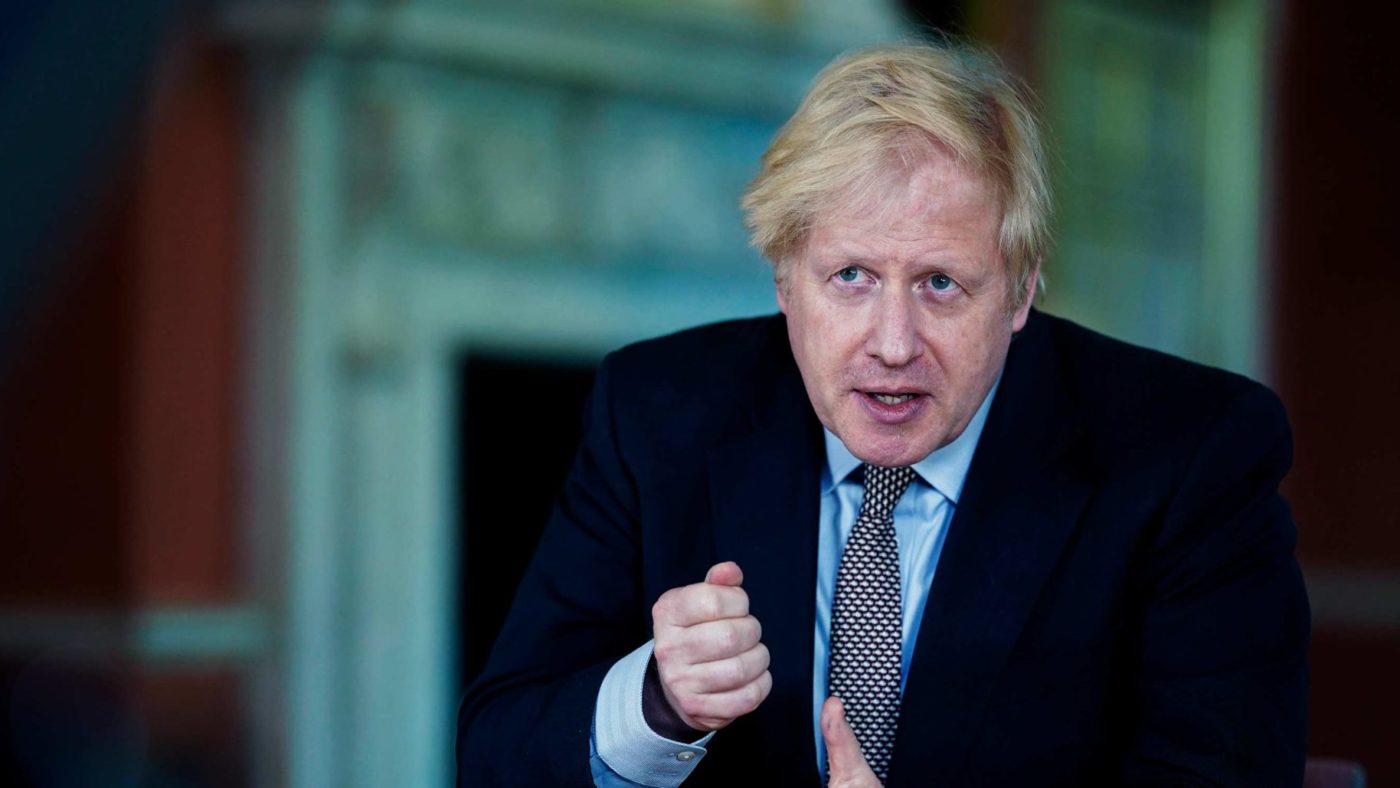“Stay at Home, Protect the NHS, Save Lives,” was a brilliant slogan. Clear, succinct and universal. It suited the seriousness of the moment in March as this frightening plague descended. Along with ‘Take Back Control’ and ‘Get Brexit Done’ it will be taught in communications classes for years to come.
But all things, no matter how effective, must come to end.
There are a number of reasons why it is no longer appropriate.
Firstly, the slogan is binary. You are either staying at home or going out. It was always a simplifying message: stay at home never meant literally staying at home for most. The law and guidelines contain several exceptions: shopping, exercise, medical need and travelling to work when you cannot work from home.
Secondly, this simplicity combined with broader public fear to create some unintended consequences. Many fewer businesses are operating than is legally allowed — hence Boris Johnson’s focus yesterday evening on urging those who can go to work to do so. Only a tiny proportion of at-risk children have shown up at schools, much fewer than expected.
Thirdly, ‘protect the NHS’ likely contributed to many avoiding seeking healthcare. The impact of fewer A&E attendances and cancer screenings will take some time to fully comprehend. For now, the tales creeping out of diagnoses delayed, surgeries skipped and dialysis missed suggest it will be a litany of personal tragedies.
A month on from the peak – with steadily falling numbers of deaths and patients in hospitals and ICUs – it is time for a new strategy and a new message.
‘Stay Alert, Control the Virus, Save Lives’ is more sustainable messaging for this stage. Until we have treatments and a vaccine, people will need to stay alert by following the rules. This includes working from home if you can, ongoing social distancing, and good hygiene. It will also mean being alert to symptomatic carriers who will need to be tested, traced and isolated. This is how we keep the virus under control and save lives.
It is true that this new messaging is not as striking. That is a good thing. The Government does not need to shock people into behaving appropriately, it needs them to think carefully about their behaviour.
This will certainly not be an easy task. Even if the virus were to disappear and the Government to lift all legal restrictions, people would remain frightened. The huge declines in social interactions began before the legally mandated lockdown, and they will continue for some time after. Indeed, a poll in yesterday’s Sun on Sunday found that nine in 10 people do not want the lockdown eased.
This is making the politics increasingly tricky. The unions are flexing their muscles: demanding as yet unclear payoffs for supporting their members, including teachers, returning to work. Leaders of the devolved administrations such as Nicola Sturgeon oppose and will not be adopting the new slogan, although they do not seem to have an alternative and are adopting the same new measures. Yesterday afternoon Sturgeon ironically stood in front of a TV screen proclaiming “STAY AT HOME” while announcing that people would be able to exercise more than once a day.
At a national level, Labour’s ‘cooperative but questioning’ approach is transitioning back to more traditional criticism. On the new slogan, Shadow Health Secretary Jonathan Ashworth told the BBC that “There is no room for nuance.” This could not be more condescending. It presumes that the public are idiots who can’t handle a complex message — and instead must, presumably, be locked in their homes forever like frightened children for eternity.
In response to the Prime Minister’s address, Opposition Leader Keir Starmer derided the lack of “clarity”, though it’s also unclear what Starmer himself wants the Government to do. After all, the simplicity of “stay at home” cannot last forever. We are trying to phase different sectors of the economy back towards some kind of normality, which is a fiendishly complex task. This is the most difficult policy issue for a generation, not everything is immediately clear.
Nevertheless, parts of the Prime Minister’s speech do need clarification.
Where are the models and data on which these decisions are based? What precisely will people now be fined for doing? What R0 and case number is required to move to stage 2 and stage 3? Are we trying to suppress the virus entirely or have a low spread or envisaging herd immunity sometime in the future? What are the precise numerical goals for the five conditions for lifting lockdown? When will we be able to see friends and family outside of our household (a noticeable omission from any of the forthcoming stages announced last night)?
Just after the address journalists began tweeting what outdoor sports would be acceptable, and the idea that you are allowed to see one person outside of your household as long as you stay two metres apart. Why these quite significant announcements were not in the address is unclear.
A free society is dependent on trust. This means trusting each other and faith in our institutions and government. In return, our political leaders must remember to trust the people they represent, and be as as transparent as possible.
The road ahead will be difficult; there will no doubt be setbacks. It is welcome that, however tentatively, we are taking our first steps.
Click here to subscribe to our daily briefing – the best pieces from CapX and across the web.
CapX depends on the generosity of its readers. If you value what we do, please consider making a donation.


